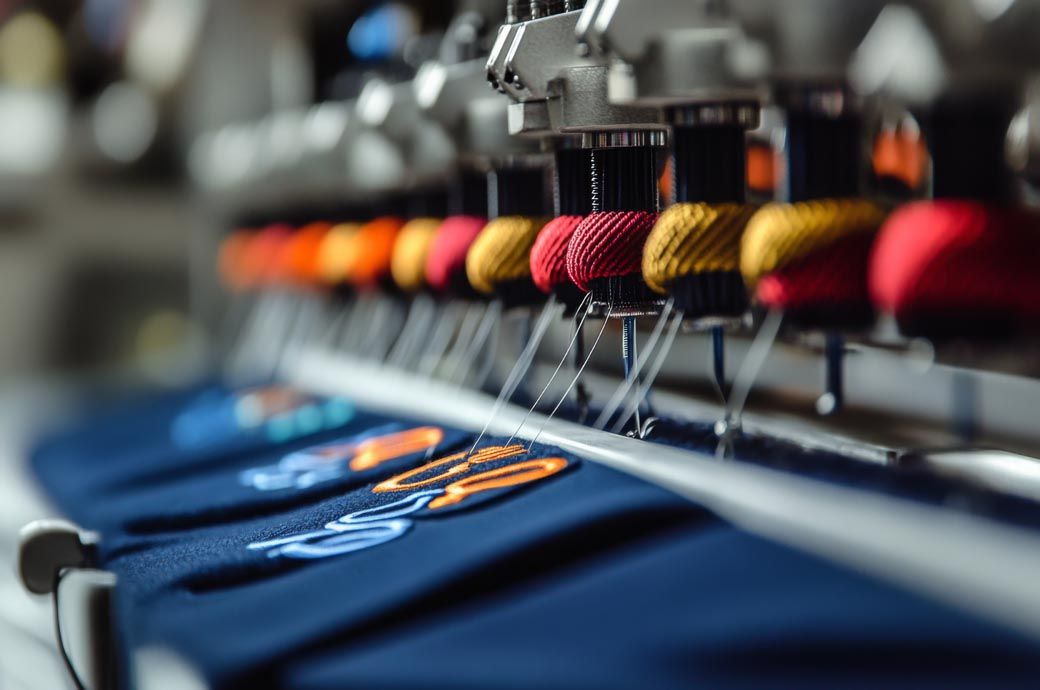

The rate of decline in new orders slowed sharply, while stronger confidence around the future encouraged firms to take on additional staff. Output continued to be scaled back, however.
Meanwhile, the rate of input cost inflation weakened further and was the slowest for a year. In contrast, output prices were raised at a slightly faster pace.
The seasonally adjusted S&P Global US manufacturing purchasing managers’ index (PMI) remained below the 50 no-change mark in November, but at 49.7 pointed to only a marginal worsening in the health of the sector during the month.
The reading was up from 48.5 in October and the highest in the current five-month sequence of deteriorating business conditions.
Central to the near-stabilization of the sector in November was a much slower reduction in new orders, which decreased only marginally and at the slowest pace in five months.
Some manufacturers indicated that domestic demand conditions had started to improve following the results of the presidential election, a release from S&P Global said.
On the other hand, new export orders decreased at a sharper pace. The rate of contraction was the fastest since June 2023 as international demand worsened.
Although the pace of reduction in total new orders eased, a further fall in new business contributed to another drop in manufacturing production, the fourth in as many months.
Hurricane disruption, price increases and a partial hangover from pre-election uncertainty were also mentioned as factors leading production to fall. The pace of decline quickened from that seen in October. While production decreased, there was a marked improvement in the outlook for output over the coming year.
November saw business sentiment rise to the joint-highest in just over two-and-a-half years as almost half of respondents predicted growth.
Firms commented on hopes that the incoming administration will help strengthen the business environment, while improved economic conditions, new order growth and capacity enhancements were also factors supporting the positive PMI input prices outlook.
Growing confidence encouraged manufacturers to expand their workforce numbers in November, thereby ending a three-month run of job cuts.
The rate of depletion in outstanding business in the sector was the fastest in 16 months. Meanwhile, stocks of finished goods increased for the fifth month running.
Purchasing activity and stocks of inputs decreased again in November. However, as was the case with new orders, both rates of decline eased and were only slight.
Fibre2Fashion News Desk (DS)